The following is reprinted from Professor Todd Eberly’s Freestater blog.
By Todd Eberly
Freestater Blog
Anger over Clinton winning the popular vote are misplaced. There is no way to know who would’ve won the popular vote in the absence of an Electoral College. You cannot assume the popular vote total would be what it is today.
Consider it like this: Right now there is no reason for a Republican presidential candidate to campaign in CA, IL or NY and little reason for a Democrat to campaign in TX or MT or UT. And, there is little reason for a minority party voter to vote in a state that will go to the other party – because the Electoral College is winner take all in most states, minority party voters often consider their vote to be wasted.
In Maryland, the outcome the electoral vote contest would be the same whether every Republican in the state voted or no Republican voted. Democrats outnumber Republicans and will win the state and the state’s electoral votes.
Take away the Electoral College and candidates seek votes everywhere – so the campaign and the vote totals would be different. Do you doubt this?
Look at turnout in battleground v. non-battleground states. Voter turnout is higher in contested battlegrounds. Without the Electoral College there is a reason to campaign more broadly and for everyone to vote.
So Republicans in MD and CA would be more likely to vote. Democrats in TX and MT would be more likely to vote. In the end, the popular vote would likely look very different.
Why have an Electoral College?
So why have an Electoral College? Simple. America is a nation of people and a nation of semi-sovereign states. Just as the House of Representatives exists to represent the people and the Senate exists to Represent the states the Electoral College was created based on the same representative compromise – the people and the states have a say.
And, with the Electoral College a candidate has to appeal to a broad geographic coalition of states with different policy interests. Which is better for electing someone with a more diverse perspective and coalition – does that always work? No, but nothing is perfect.
Perhaps more importantly that anything else, however, a split between the popular vote and the electoral vote serves as an important reminder that presidents are elected to be chief executives and not representatives of the people. Though a president may be Head of State and Head of Government, he/she is not the peoples representative. He’s not a representative at all.
This is a reminder that we all need from time to time.
Todd Eberly is associate professor of political science at St. Mary’s College of Maryland.

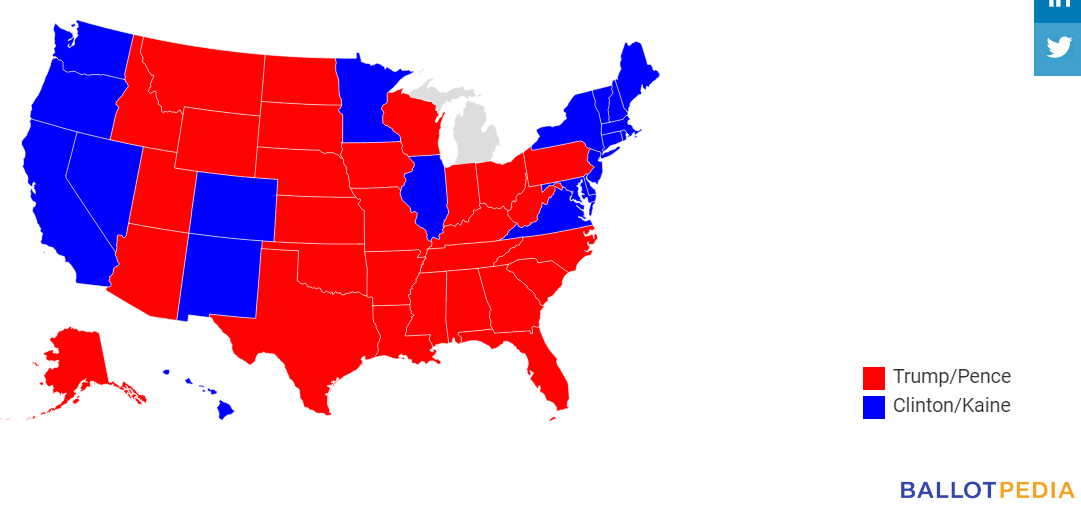
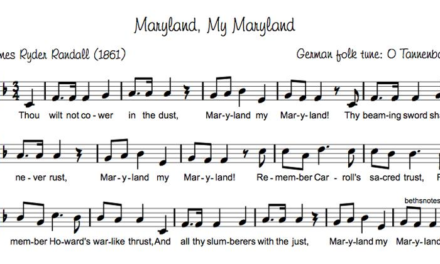
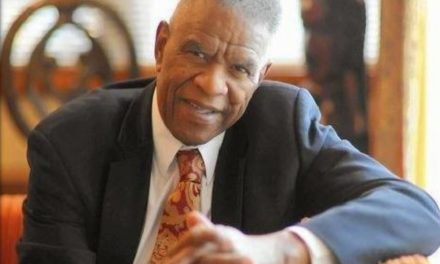
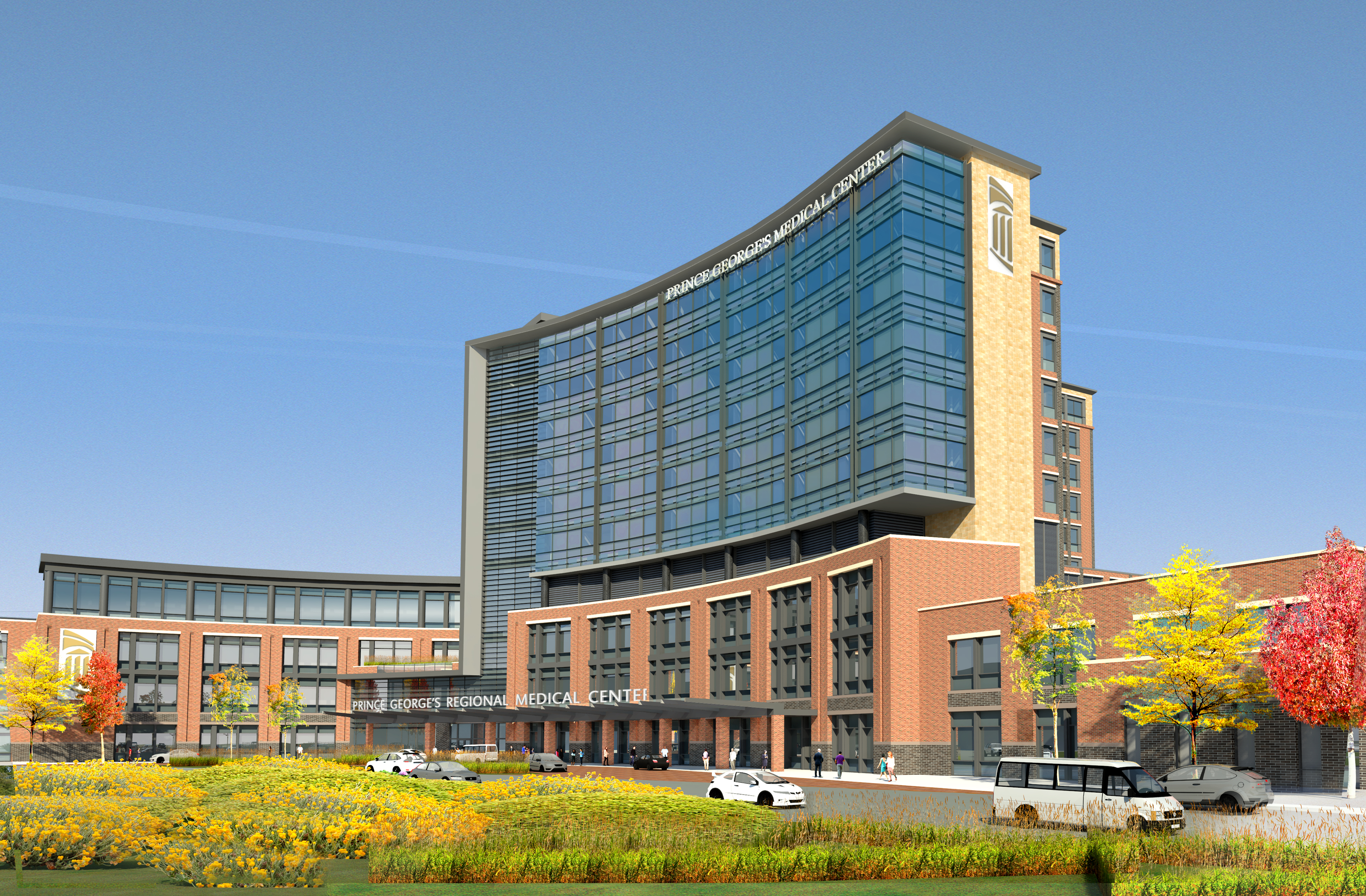
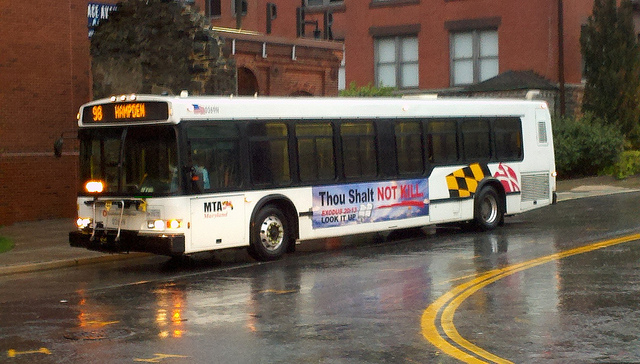

Example: Let’s say Ca. had a pop.=500, all the other 49 states had a pop.=10 ea.. Presidential candidate”A” is pro- pedophilia, Presidential candidate”B” is anti-pedophilia. Let’s also say that Ca. voters are unanimously pro-pedophilia. Let’s give Ca. 48 electoral votes. All the other 49 states we will give 1 each electoral vote and say that they are unanimously anti-pedophilia. Ca. voters vote unanimously for candidate”A”. All the other states vote unanimously for candidate”B”. Candidate”A” would lose to candidate”B” 48 electoral votes to 49. Yet candidate”A” would have won the popular vote over candidate”B” 500 to 490. So that shows that if you chose POTUS by popular vote you could end up with a pedophile as POTUS even though 49 of the 50 states voted against that POTUS. That is one reason we have the electoral college!! Just saying!
Hey! We wound up with a know-nothing narcissist as POTUS. I presume pedophilia was not an issue. At any rate, it’s a long stretch to bring it into an argument about why we have or should have the Electoral College. I submit that whether one is for or against the latter is mainly a matter of whether one is for “state’s rights” as opposed to pure democracy. I’d rather have the latter, but given the power of the small states in the amendment process, I don’t think we’re going to get it. In my opinion, the person who won the popular vote nationwide this time would have also won the presidency via the Electoral College if only the FBI guy hadn’t seen fit to totally unnecessarily open his mouth at the wrong time and thus influence low-education swing voters in the major battleground states.
LOLLL ….a know-nothing narcissist???? LOL…how’s that crow tasting 2 years later/??? the economy and everything else your President fixes is doing excellent, huh??? loll…you funny guy
It is really shameful that you posted this without mentioning why the electoral college is not equal, and no mention of how it has not changed or grown in decades despite population growth.
The electoral college was created to give more power to slave holding states, as they could count their slaves as 2/3rd of a person – though clearly the slaves (and only property owning white men) could vote. So those slave holding men had more power in their single vote than the single vote of a northern man.
This is how the electoral college came into place. THIS needs to be mentioned.
The electoral college is still uneven, as is representation in the House of representatives. Someone in Mississippi has 3x the power in their vote as someone in California, or even than someone in Florida. No person’s vote should have 3x the power of another individuals. They also should have have 3x the number of representation in the house.
It is a flawed system, built to empower slave holding states, and still benefiting small, rural, and southern states disproportionately. Which means that the states that make our advancements and move us forward as a country (in field of education, science, technology) have a disproportionately difficult time creating advancements in our government.
A) the number of electoral votes changes per state every election.
B) the whole point of the house of reps is for each state to have a proportional representation
C) the senate is the part of our governemt that is equal across every state.
This is called checks and balances… and it’s worked for a long time.
California has 55 electoral votes (2014 pop. was 38.8 million)… so each of their electoral votes are “representing” 705,455 Californians. Wyoming has 3 electoral votes (2014 pop. was 584,153) so each electoral vote in Wyoming represents 194,718 people. It’s an unequal system of representation in the presidential election… and one of the other reasons it was put into place was to have a check on the whims of a potentially uninformed (or dangerous) general population of voters. The electoral system for the US Senate was dropped with the 17th Amendment (1913). So, this is changeable if there is momentum nationally.
Your hypothesis of what the popular vote would look like in the absence of an Electoral College will have to be taken at its word, since we can never prove or disprove it. It’s just a hypothesis, though. As for your conclusion that the president isn’t a representative, the last of the seven roles the President of the United States serves is that he is the chief citizen. That means, practically by definition, that he “represents” ALL the citizens of the United States.
Some questionable sentence structure here.
A very well argued piece and a good reminder by Eberly here.
Vatz
I agree.